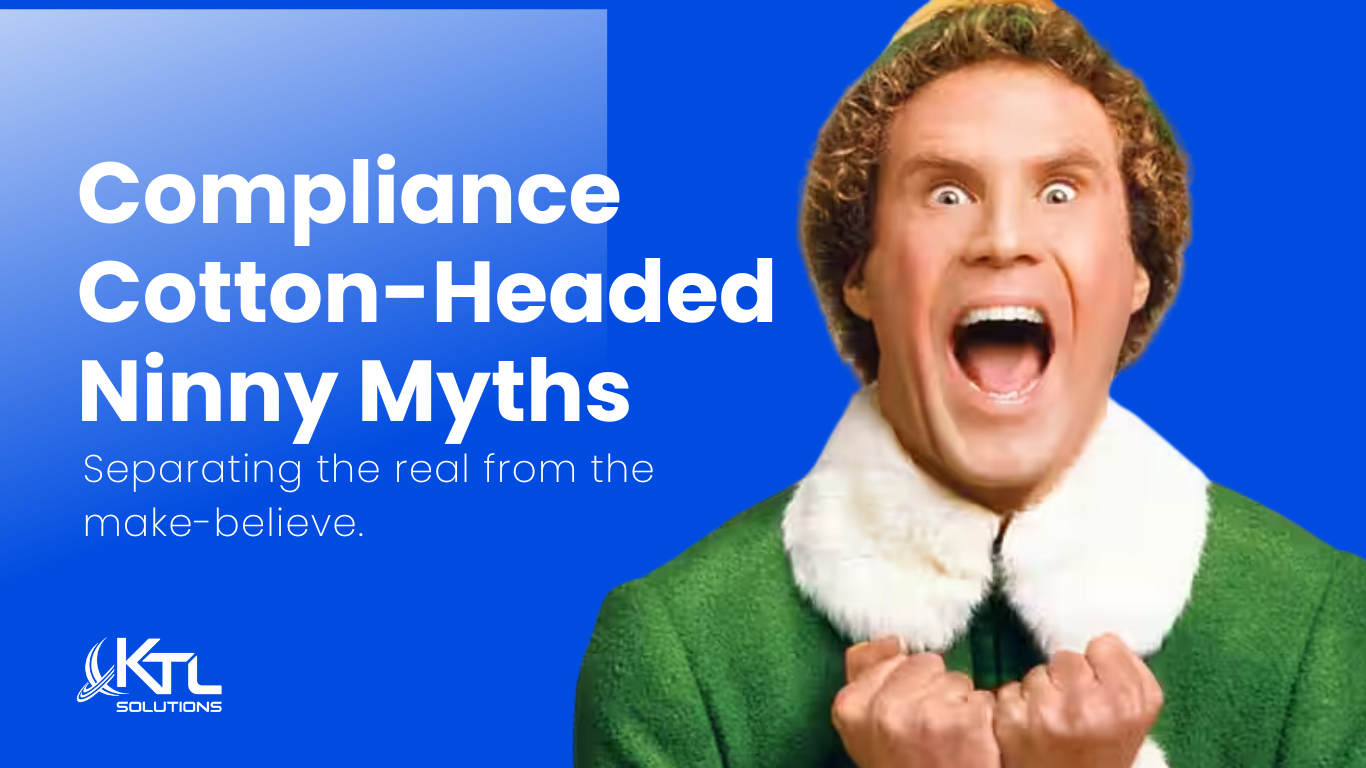What is a CRM Champion?
CRM implementations are a complicated process that can feel overwhelming. It requires users, managers, and their departments to coordinate together, manage timelines, perform training, meet expectations, and without impacting customer service. Assigning one or more managers to oversee this process as a part time project while they manage and perform their other duties won’t be sufficient to handle such a task. What you need is a CRM champion.
A CRM champion is someone with executive or management experience, who would work full time to personally take charge and lead a CRM implementation to success. They need to be patient, able to look ahead and plan strategically, coordinate and communicate with many user and managers, set timelines accordingly, make reasonable expectations, and work with IT to help troubleshoot and resolve issues.
This could be a person from inside the company, a new employee, or a consultant. This is a big choice in process and ideally you should be open to all possibilities. If you go with an existing management employee you an advantage in knowing their background, work history, and that they understand much of the existing company processes. The downside is that you may not want to remove this person from their current role or that the individual may not want to take on this new role and won’t fully embrace it.
Other Types of CRM Champions
A second option is a new employee with prior experience as a CRM champion and in managing enterprise software implementations. With this choice you gain an advantage of being able to hire someone with valuable prior experience and wants to be become a part of the company and believes in the company vision. On the flip side, this individual is coming in with no prior knowledge of how the company operates and will have to be a faster learning who can perform the task of quickly learning and understanding how the company operates.
The last option is a consultant. These are generally highly motivated individuals who have the most experience in championing CRM implementations, and have met a higher levels of knowledge requirements, and can hit the ground running. The downside is such individuals come at a much higher expense, usually for a limited time, and may not believe or understand the company vision.
There doesn’t have to be one champion either. Larger organizations have found success with having multiple CRM champion coordinate between business segments.
So how do you decide on who might qualify as a champion? When evaluating these choices, it’s important to know what kind of person you are looking for. Here’s are some of the key traits and capabilities to look for:
1) They understand what the benefits are of the CRM implementation.
The see where processes can be improved and are able to explain and demonstrate these improvements.
2) A CRM champion will be a cheerleader for the implementation and help promote change in a positive manner.
Often time managers and users get stuck in routines and resist change. A champion must be confident, energetic, and able promote the benefits implementation to those who fear and resist change.
3) The champion has the patience, leadership, and communications skills to be a liaison across many departments, people, and roles.
Be it executives, marketing, IT, sales, accounting, the champion will listen to their needs and concerns and help coordinate accordingly to make sure they understand process, what is expected of them, and that they receive the training needed.
4) They keep the CRM project focused on the primary business goals, and set reasonable timelines.
They avoid pitfalls and keep the overall project on time and on budget.
5) A CRM champion will coordinate with managers and department chairs early to ascertain needs and concerns before planning and announcing process changes and critical decisions.
They know the importance of having information early to avoid speed bumps later and tell the many groups involved that their needs have been addressed.
6) The CRM champion keeps an open mind and will challenge the status quo.
They know that just because a business process “worked” for long periods of time doesn’t means make it the most efficient or cost effective. They are open to alternatives that break the “status quo” cycle without deviating from the company vision and goals.
7) They have an executive level view of the implementation. They see the big pictures and how everything will work and can plan accordingly.
They know the implementation is more than just a change in enterprise software, but a change in the business processes overall in how is sees and works with its customers.
8) A CRM champion is the point person for any issues with the implementation and takes charge to troubleshoot and resolve them.
No implementation is perfect. A CRM champion works and plans with the expectation that implementation speed bumps will occur and is willing to respond and coordinate a solution.
9) They work to establish best practices, effectively communicate them to managers and users, keeps them updated as needed, are consistent, and works to ensure they are followed.
10) A good CRM champion is a person who loves challenges and can face them head on in confidence without crumbling under stress or pressure.
Dealing with many issues and different kinds of people can be a daunting task, be it technical issues or personality conflicts. Your champion must have the patience to deal with the stress of the unexpected while maintaining a confident positive focus.
11) They understand enough of the technology and what can and cannot be done.
A CRM champion does not need to be a technically oriented individual, they are not software developers nor do they have IT backgrounds, but they should understand how the software works from a business and user perspective.
12) A CRM champion follows up with users and departments during software deployments and coordinates with IT to resolve any issues and provide additional training if needed.
They act as the point person to be contacted direct about any issues and do not have users simply submit help requests to IT.
13) A CRM champion understands that the process doesn’t end when the new software is fully deployed and running.
It is simply one phase of the whole process and that it will take diligence and a continued effort to make sure processes are followed, that everyone got the training they needed, and that best practices are communicated and followed. They take feedback from end users and managers for ways to further improve productivity and reduce costs.
14) The good CRM champion talks to their peer and researches prior implementations and which strategies and approaches were proven to be successful and which are likely to end up in failure.
15) A good champion knows that the company processes and business model shouldn’t be limited or driven by the software, but rather the other way around.
They know that the software as-is may not be able to handle everything the company needs. The champion will recommend and work with a Dynamics Partner to provide the customizations necessary to meet the company’s specialized needs and provide expertise to the IT department on technical issues.



































